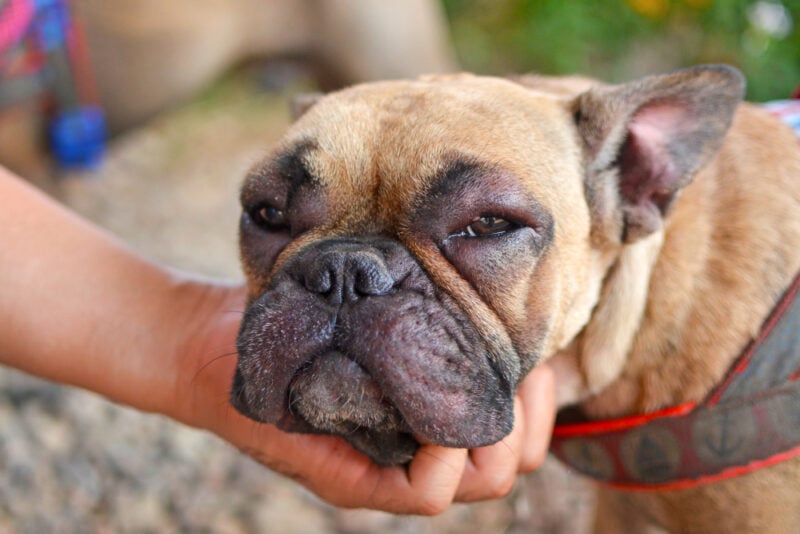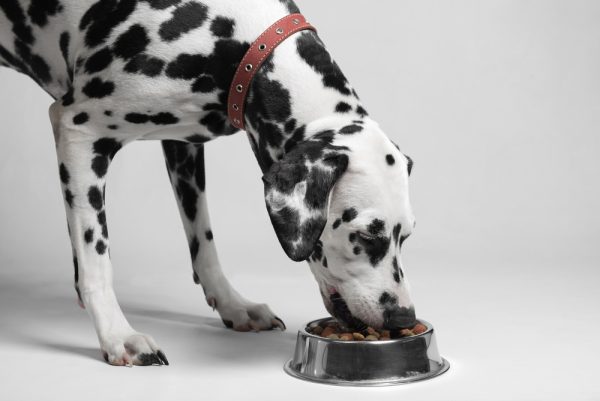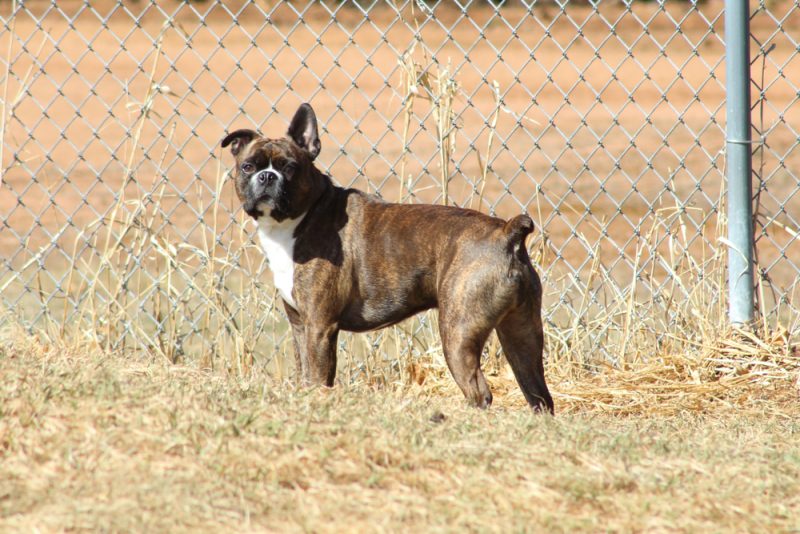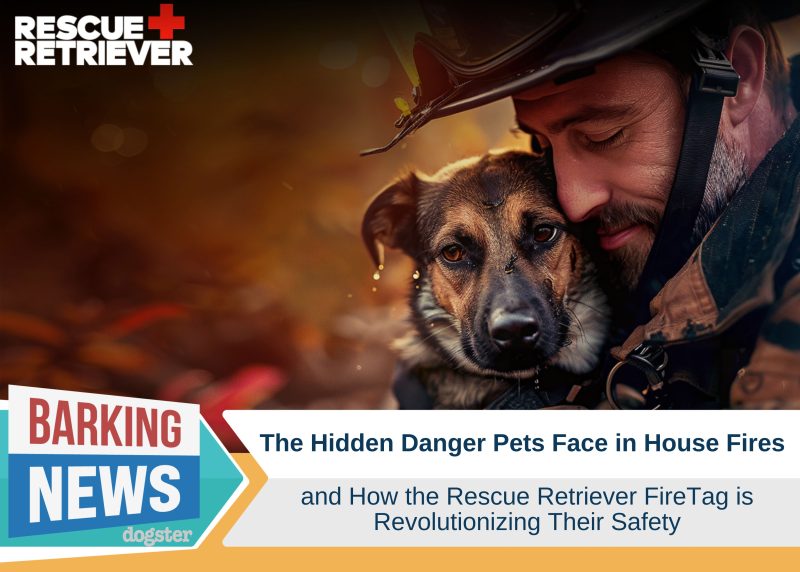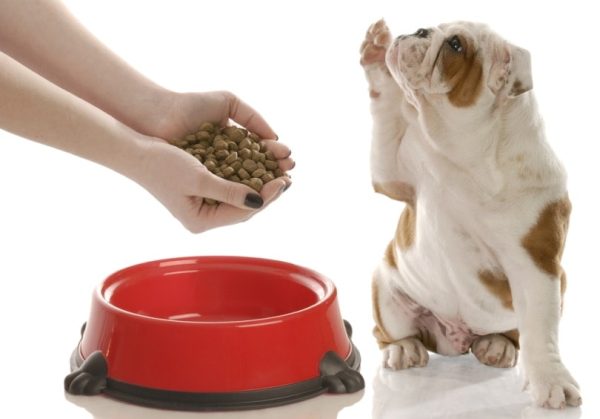Our dogs often experience unusual ailments that may be hard to distinguish and can often be worrisome. Sometimes, health signs can be hard to spot, and sometimes they are hard to detect. A swollen paw can easily be overlooked, whereas a swollen face can’t be missed and shouldn’t be ignored.
If your dog’s face is suddenly swollen, contact a vet immediately. The swelling could progress to involve their airway and obstruct breathing, so there is no time to waste. Determining the cause of swelling is vital so that you have all the information available for the veterinarian on arrival. In this article, we’ll discuss the common causes of facial swelling, what you should do, and what a veterinarian will most likely do to help your dog.

Why Is My Dog’s Face Swollen?
There are a few common causes of facial swelling in your dog, but regardless of the cause, it is crucial to seek medical attention. Some common causes for a dog’s facial swelling are:
1. Allergic Reactions
Dogs can have a sudden allergic reaction to almost anything in the environment and triggers include insect bites and stings and a reaction to medication or vaccinations. Reactions can range from mild to severe and include sudden swelling of the face, often along with itchy skin and a rash or hives. Severe allergic reactions/anaphylaxis are very rare but can lead to breathing difficulties, collapse, vomiting and diarrhea, and even death. If your dog’s face is swollen and has difficulty breathing, you will need to get your dog to the vet immediately.
Many dogs suffer from more chronic ongoing skin allergies,( rather than a sudden acute reaction) to food, allergens in the environment such as house dust mites or pollens, and flea allergies. Allergies in dogs are one of the most common reasons for vet visits, and while some humans can outgrow allergies, dogs’ allergies often worsen as they mature. In some dogs, this can make their face itchy and the resultant rubbing and scratching can lead to swelling.
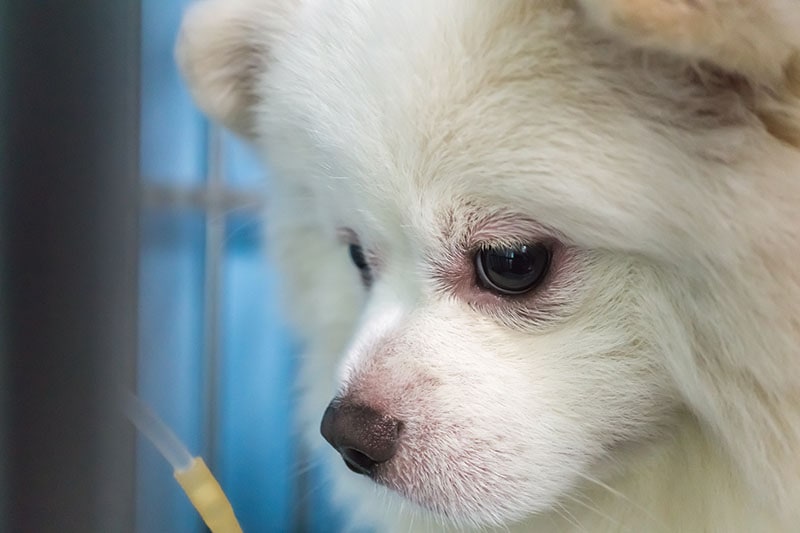
2. Dental problems
Dental problems from infected gums, fractured teeth, and gum disease that hasn’t been treated can result in a painful abscess, which can lead to facial swelling, fever, lack of appetite, pain, and depression. In most cases, surgery will be needed to remove the tooth. Otherwise, medications must be administered for pain and antibiotics for infections.
3. Trauma
Abscesses can also be unrelated to dental issues and caused by wounds or animal bites on the neck or head. They can cause the face to swell and a fever, and your dog’s head could appear lopsided. Other injuries to the face, such as a knock, can also cause facial swelling.

4. Tumors
Oral tumors can be cancerous or non-cancerous, but they must be treated early. Along with facial swelling other signs that may be seen are difficulty eating, odor, and bleeding.
There are many types of oral tumors, and your dog’s signs will depend on the location, type, and size.

What Should I Do If My Dog’s Face Is Swollen?
If you notice that your dog’s face is swollen, you should seek medical attention. The swelling could progress to the throat, causing breathing problems. Pay attention to the cause of your dog’s swelling, but try not to spend too much time diagnosing it yourself. Do not attempt to treat the swelling without first seeing a vet but gather any information you can to pass on to the vet.
If your dog’s muzzle is swollen, it could be caused by dental problems, swelling around the eyes may be related to conjunctivitis and include a discharge. In that case, you can gently wipe away the discharge with a clean damp cloth until you get to a vet.
If the swelling is accompanied by itching and scratching, it could be due to allergies. Take your dog to the vet asap if it is experiencing trouble breathing or hives have progressed or lasted longer than 24 hours.
Did you know you can speak to a veterinarian without having to travel? Just head over to PangoVet. It's our online service where you can talk to a vet online and get the advice you need for your pet — all at an affordable price!

What Will My Vet Do?
Any information on what your dog has eaten, where it’s been, what medications it’s been given, recent activities, and its history will help a veterinarian with the diagnosis. They will usually perform a physical examination to check your dog’s neck, mouth, head, and other areas of its body.
- X-rays of the jaw if dental disease is suspected
- Biopsies if cancer is suspected
- CT or MRI scans may be done where cancer, facial fractures, or severe dental disease are suspected.
- Antibiotics may be administered for infections as well as pain medications
The underlying cause will determine the treatment. Some mild facial swelling can often go down on its own. However, the vet will still want check-ups to determine what caused the swelling.
Anti-inflammatories, antihistamines, intravenous fluids, cold compresses for itching, ointments, and changes in diet may be administered for facial swelling caused by allergic reactions. If the cause of swelling is a tooth root abscess it is likely an extraction of the affected tooth will be needed along with medications such as antibiotics and pain relief.
When the cause is an injury or tumor, anti-inflammatory drugs may be prescribed to relieve swelling while the underlying condition is treated.
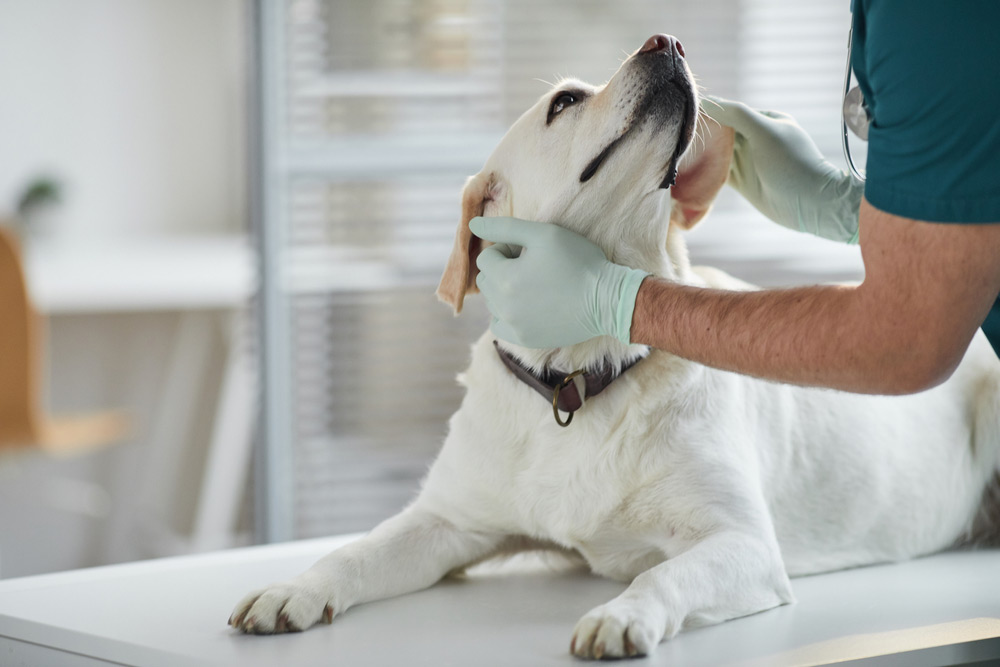
Can You Prevent Facial Swelling?
There are some instances where you can prevent your dog’s face from swelling, but sadly, many of the causes cannot be prevented. However, knowing what can cause your dog’s face to swell and being able to detect it can help you keep your dog safe. Here are some tips to help prevent and detect facial swelling in your dog:
- Have your dog assessed by your veterinarian for allergies. It can sometimes be difficult to pinpoint the cause but you may be able to avoid triggers and get appropriate treatment.
- Reduce or avoid contact with unknown animals, avoid giving your dog bones, and supervise play to help reduce any injuries or puncture wounds that can result in an abscess.
- If your dog has a puncture wound, take it to a vet immediately to avoid infection.
- Brush your dog’s teeth daily or at least three times a week to help prevent dental issues. Provide chew toys for your dog, and take them for regular dental check-ups.
- Tumors cannot be prevented, but early detection is key. Examine your dog’s mouth regularly. If you notice any swelling,lumps, pigmentation, or a foul odor, go to a vet for an assessment.

In Conclusion
If your dog’s face is suddenly swollen, it could be a serious matter that requires medical assistance, and you should get your dog to a veterinarian immediately. Allergic reactions, abscesses, or tumors can cause facial swelling, and if the swelling progresses to the throat, it could affect your dog’s ability to breathe. Do not try to medicate your dog, and do not wait for the swelling to go down; instead, get to a vet as soon as you can.
Featured Image Credit: Firn, Shutterstock
